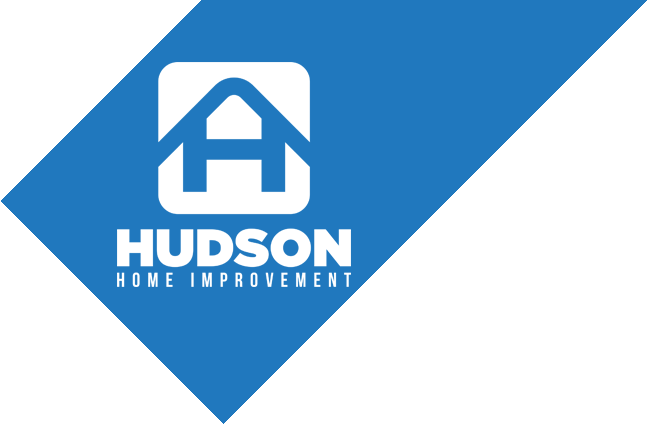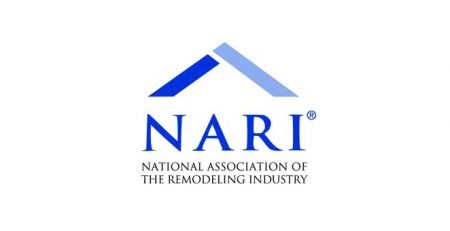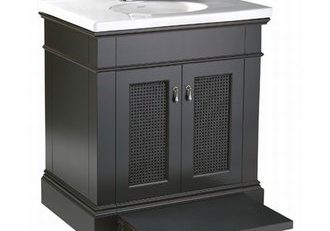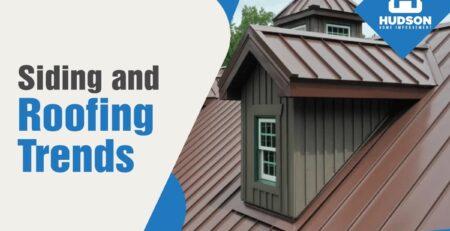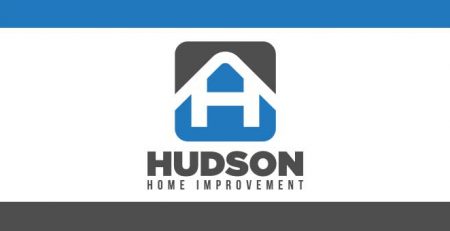Common Problems that Happen During a Home Renovation:
You’ve lived in a house for years and decided that it’s time for an upgrade. Renovating is an exciting, but the road to a renovation rarely runs smoothly. It’s common to find unexpected issues hiding under those old walls or floors.
We’ve spent years remodeling homes in New Jersey, which means we’ve seen it all. As a kitchen and bath remodeler in Hoboken and Jersey City, we know what can go wrong and what’s required to make it right. Below are some common renovation issues to look out for and how they can impact a renovation project.
- Hidden Structural Issues
Old houses might have concealed issues like rotted wood framing, uneven floors, or compromised support beams that need extra structural reinforcement. Sagging floors can indicate problems with the foundation, and cracks in the foundation can cause the building to sink. Look for sticking doors, leaning walls, gaps along the edges of rooms, and uneven surfaces which can all indicate structural issues. Structural issues must be remediated before proceeding with the renovation.
-
Water Damage
Water damage is a common cause of renovation headaches. Sometimes, it’s a roof leak that hasn’t been detected for years. Moisture problems behind walls or under floors can reveal significant water damage. Defective waterproofing can lead to moisture problems and mold. Blocked or damaged drains cause water to accumulate around the foundation, leading to erosion, subsidence, and collapse. If any water damage is uncovered during renovation, you want to check for structural problems and roofing problems that will need to be addressed before any work is done. Sometimes this means bringing in a structural engineer, a mold remediation company, or having your contractor stabilize the foundation.
-
Outdated Utilities
Older plumbing and electrical systems could be beyond their lifespan and require complete replacement, significantly impacting the renovation budget. Poor plumbing work can cause leaks that damage electrical wires or promote mold growth.If your home is older than 1950, there is a chance that galvanaized pipes were used. These are prone to corrosion and leaking. They should be replaced for health issues and to further protect your home from water damage. If the renovation uncovers an electrical panel installed more than forty years ago, it must be updated. Old electrical wiring should be brought up to date so as not cause a fire. Sockets should be grounded and a panel with a quick circuit breaker to cut off electricity in an emergency should be installed.
-
Asbestos and Lead Concerns
If your home is older, asbestos-containing materials might be hidden within walls or flooring, requiring specialized removal procedures. Before 1950, asbestos was prevalent. Flooring, plaster, insulation, pipe wrapping, electrical insulation were filled with asbestos. But keep in mind that as long as it’s intact and in good shape it’s harmless; it’s only a health threat when it starts getting frayed, and the fibers are released into the air. On the other hand, lead can cause serious health issues. Lead is found in the paint or pipes in older homes and must be dealt with immediately.
-
Hidden Insect Damage
Opening walls can expose hidden insect damage. Insects can get into your home through gaps in walls or holes in weather stripping or insulation. Carpenter ants and termites cause significant damage to the wooden parts of your home. Other critters, like rodents, like to chew on lecetrical wires. The damage parts must be replaced and you might need an exterminator before proceeding with any work.
-
Permit complications
Sometimes, local building codes or permit requirements are more stringent than anticipated, leading to delays and extra costs.
-
Unforeseen material costs
Fluctuations in material prices or unexpected shortages can lead to budget overruns. Labor and raw materials shortages, weather conditions or political unrest can cause backups. These delays are out of our control, although we do our best to plan for them.
-
Poor previous work
If your home has undergone previous renovations, you might encounter poorly done work that needs to be corrected, adding extra time and expense. A shoddy addition, uneven carpentry and othermistakes done by inexperienced professionals may need to be rebuilt otherwise your renovation will be compromised.
How to Prepare for Unexpected Issues:
-
Call the Professionals
A reputable contractor should be able to advise you on what you’re looking at before you begin a project. They will scope out the project and hopefully plan for contingencies. Knowing what you might face during the renovation, can make adjusting to changes easier.
-
Stay Flexible
Flexibility and adapatabiliyt will get you far during your project. Also, a sense of humor helps. We make a point of having good communication and organization skills so that you are up to date on everything and are confident that we can handle whatever comes up. Hudson Home Improvement is the top kitchen remodeler in Jersey City and Hoboken known for our smooth design-build process and excellent communication.
-
Plan for Contingencies
We usually like to plan for contingencies when scoping out a job, but also try to have some extra wiggle room in your budget for emergencies. This will make it easier to cope with the changes as well as sacrificing other things you might want in the renovation.
Renovating a house is exciting and satisfying. Seeing a home transform into a beautiful space makes everything worthwhile. If you’re considering a kitchen renovation, bathroom remodel or new addition but are nervous about what might be involved, please feel free to get in touch. We’d be delighted to help set your mind at ease.
Also Visit:- The Art of Bathroom Remodeling: Best Tips for Successful Transformations
